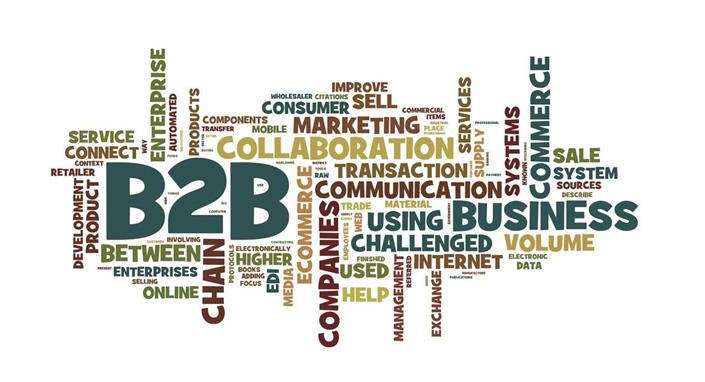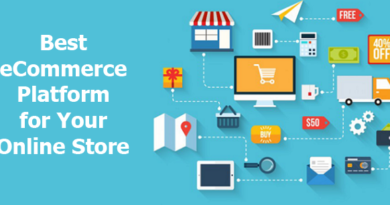What is B2B e-commerce?
Table of Contents
Business to Business Operation in e-commerce
A business-to-business operation is a company that sells goods or services to other companies. Relative to a retailer or direct-to-consumer business, a B2B has several important features that one needs to look into before starting one.
Stability
B2B markets enjoy more predictability and stability. Whereas consumer sentiment ebbs and flows quickly, B2B sectors tend to evolve more gradually. After you secure relationships with your buyers, your ability to supply them may last for at least a year or longer. In fact, B2B buyers often sign contracts with suppliers to guarantee pricing and terms. These contracts allow you to plan revenue budgets with accuracy.
Loyalty to Customer
The evolution of supply chain management and a collaborative mindset in distribution channels contributes to high levels of customer loyalty. After you establish a relationship with a buyer and prove your dependability as a supplier, it is typical to have an ongoing commitment. B2B buyers do not have the luxury of being as fickle as consumers. It is costly and time-consuming for company buyers to make major changes in product or service suppliers. Companies and their customers rely on consistency in product quality, service dependability, and value. As long as you take care of your responsibilities, loyalty is a B2B strength.
Smaller Customer Pool
The number of potential buyers in a B2B market is much lower than in a typical consumer market. You sell to the businesses that then sell to customers. If you make niche products or offer specialized services to a small industry, you may only have 10 to 20 customers in a given geographic area. Even if your goods or services have broader appeal among businesses, the pool of companies is diminished because many have established supplier networks. You not only have to go after unattached buyers, but you need to steal customers away to generate enough revenue to survive.
Marketing Challenges
B2B companies face significant marketing challenges relative to B2C peers. Digital marketing is especially challenging. Whereas B2B companies rely heavily on content marketing and social media to attract online users, B2B businesses have a much harder time. Social media is used by B2Cs to engage consumers. The way you interact with B2B users online and in social media is more complex. Therefore, B2B providers must plan carefully and invest in quality staff or outside agencies to benefit from these digital tools.
Frequently Asked Questions (FAQs)
1. What is the biggest advantage of B2B operations in e-commerce?
The biggest advantage is stability through long-term contracts, which enables accurate revenue forecasting and a consistent cash flow for the business.
2. Why is customer loyalty stronger in B2B compared to B2C?
B2B customers tend to stay loyal because switching suppliers involves significant time, cost, and operational risk. If a supplier is dependable, the buyer is more likely to maintain the relationship.
3. What makes digital marketing more difficult for B2B companies?
B2B marketing targets niche audiences and involves longer decision-making processes. It requires in-depth content and strategic messaging, making it more complex than typical B2C campaigns.
4. How can a B2B company overcome a small customer pool?
To overcome this, companies should focus on offering a unique value proposition, exploring untapped market segments, leveraging referrals, and building strong networks in the industry.
5. What digital tools work best for B2B marketing?
Effective tools for B2B marketing include LinkedIn for professional outreach, email automation platforms for lead nurturing, CRM systems for sales management, and content platforms for delivering value-driven insights.
That’s all for today! If you want to explore our product, visit our website.
And if you want to familiar with the latest product and its technology, you can explore our blog.




Definitely, what a magnificent website and enlightening posts, I surely will bookmark your site.Best Regards!
Pingback: Google